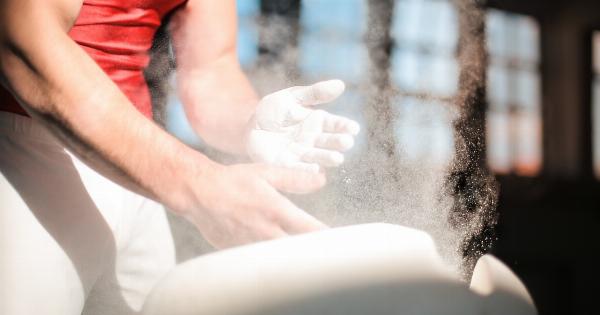Diabetes is a chronic medical condition that affects millions of people around the world. One of the most common complications of diabetes is foot problems.
Foot problems in diabetes can lead to nerve damage, circulation problems, and other issues that can cause serious complications. This is why proper foot care is essential for anyone with diabetes. In this article, we will discuss diabetic foot care 101, including tips on how to care for your feet, what to look for, and when to seek medical attention.
Why is Foot Care Important for People with Diabetes?
Foot problems are one of the most common complications of diabetes. High blood sugar levels can damage the nerves in your feet, causing you to lose sensation.
This means you may not be able to feel pain, heat, or cold in your feet, making it difficult to spot injuries, blisters, and other issues. In some cases, the damage to the nerves in your feet can also affect circulation, leading to slow healing and an increased risk of infection. Proper foot care can help prevent these issues and keep your feet healthy.
Tips for Caring for Your Feet
Here are some tips for caring for your feet if you have diabetes:.
1. Check your feet daily
It’s important to check your feet every day for any signs of injury or problems. Look for cuts, blisters, sores, redness, swelling, and other issues that may require medical attention.
If you can’t see the bottom of your feet, use a mirror or ask someone to help you.
2. Keep your feet clean
Wash your feet daily with warm water and soap. Dry them thoroughly, especially between the toes. Use a moisturizer to keep your skin soft and prevent cracking.
3. Trim your toenails properly
Trim your toenails straight across and file the edges. Don’t cut the corners or cut them too short. If you can’t trim your toenails easily, ask your healthcare provider for help.
4. Wear proper footwear
Wear shoes that fit well and are comfortable. Avoid wearing sandals, flip-flops, or shoes without socks. Check your shoes every day for any foreign objects, such as rocks or glass, that may be inside.
5. Protect your feet from extreme temperatures
Avoid exposing your feet to extreme heat or cold. Wear shoes or sandals at the beach or by the pool to protect your feet from hot sand or concrete. In cold weather, wear warm socks and shoes to protect your feet from frostbite.
When to Seek Medical Attention
If you have diabetes, you should seek medical attention if you notice any of the following issues:.
1. Numbness, tingling, or burning sensation in your feet
These symptoms may indicate nerve damage. This can increase your risk of injuries and infections.
2. Pain or cramping in your legs
This may indicate circulation problems. Poor circulation can lead to slow healing and increase your risk of infections.
3. Sores, cuts, or blisters that don’t heal
These may indicate an infection. Infections can quickly become serious and lead to complications.
Conclusion
Proper foot care is essential for anyone with diabetes. By following these tips and seeking medical attention when necessary, you can keep your feet healthy and prevent serious complications.
Remember to check your feet daily, keep them clean, wear proper footwear, and seek medical attention if you notice any issues. With the right care, you can keep your feet healthy and enjoy an active lifestyle.






























